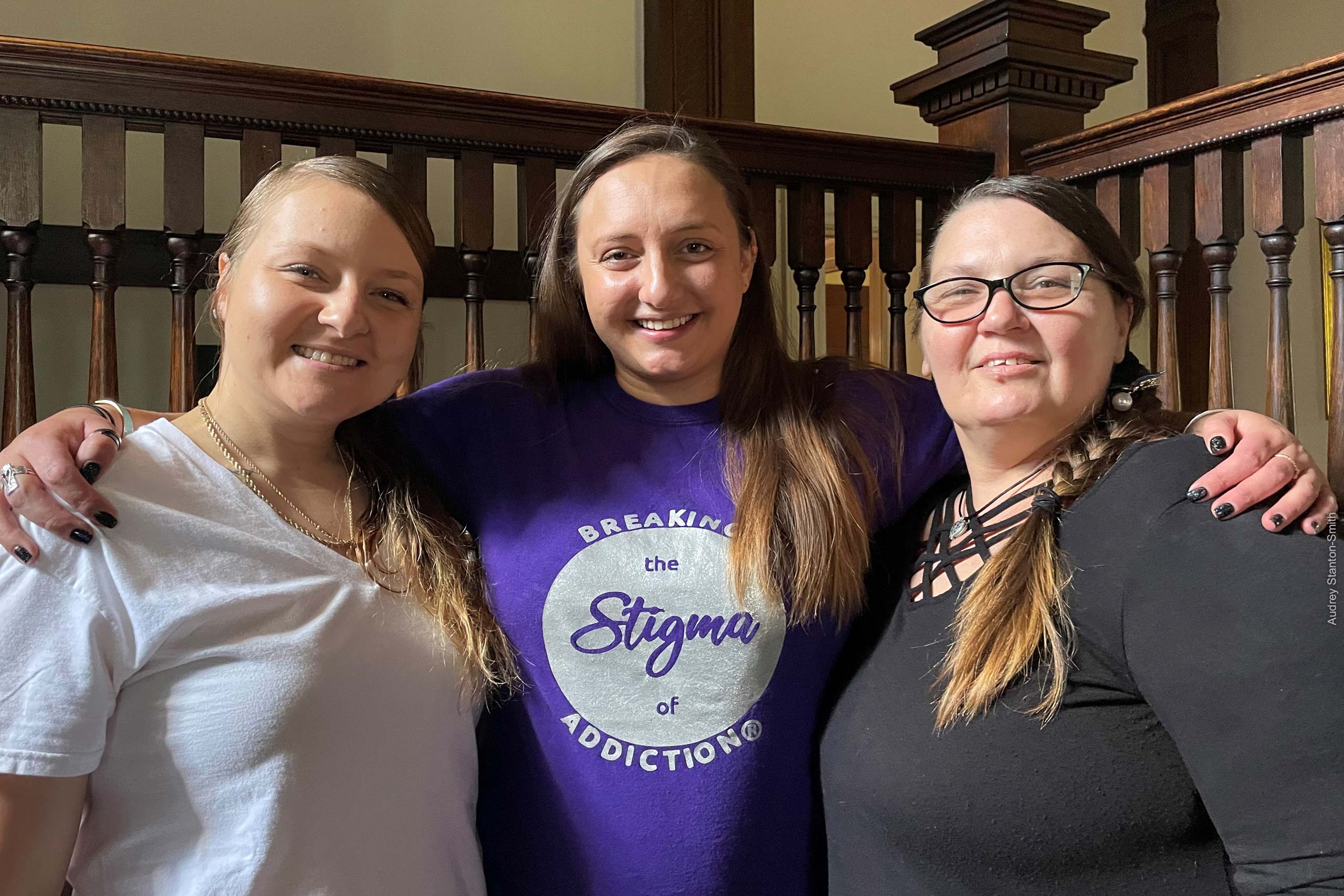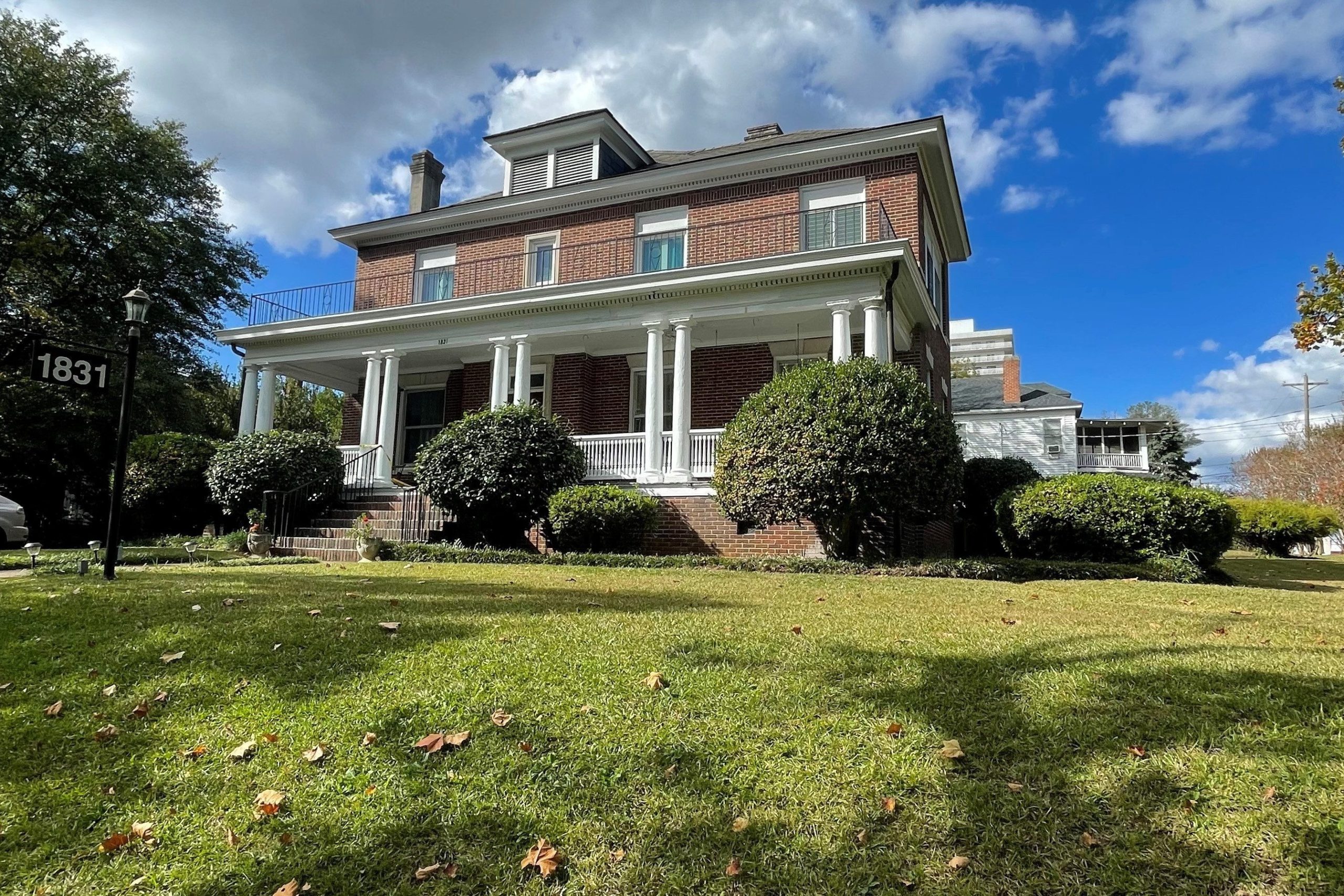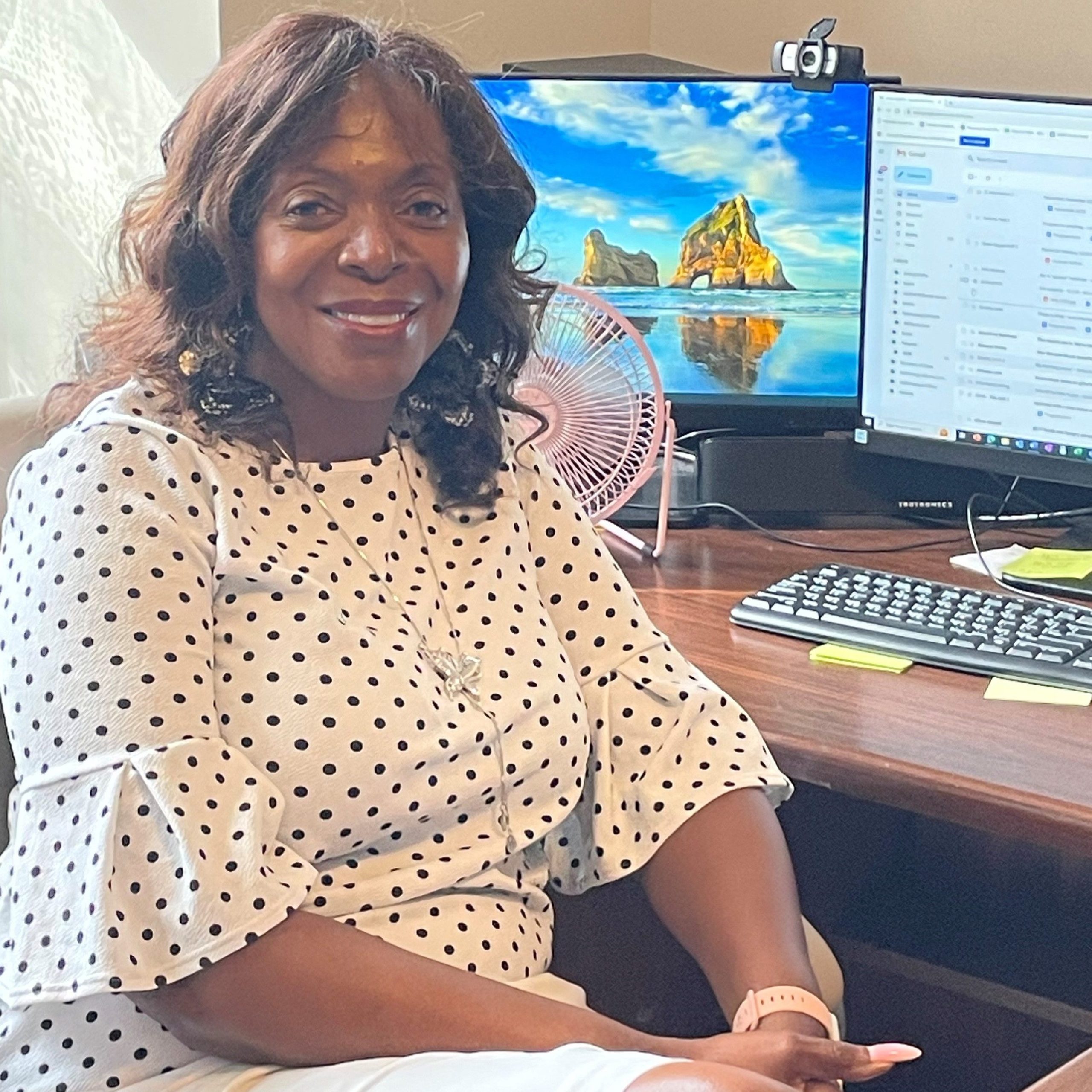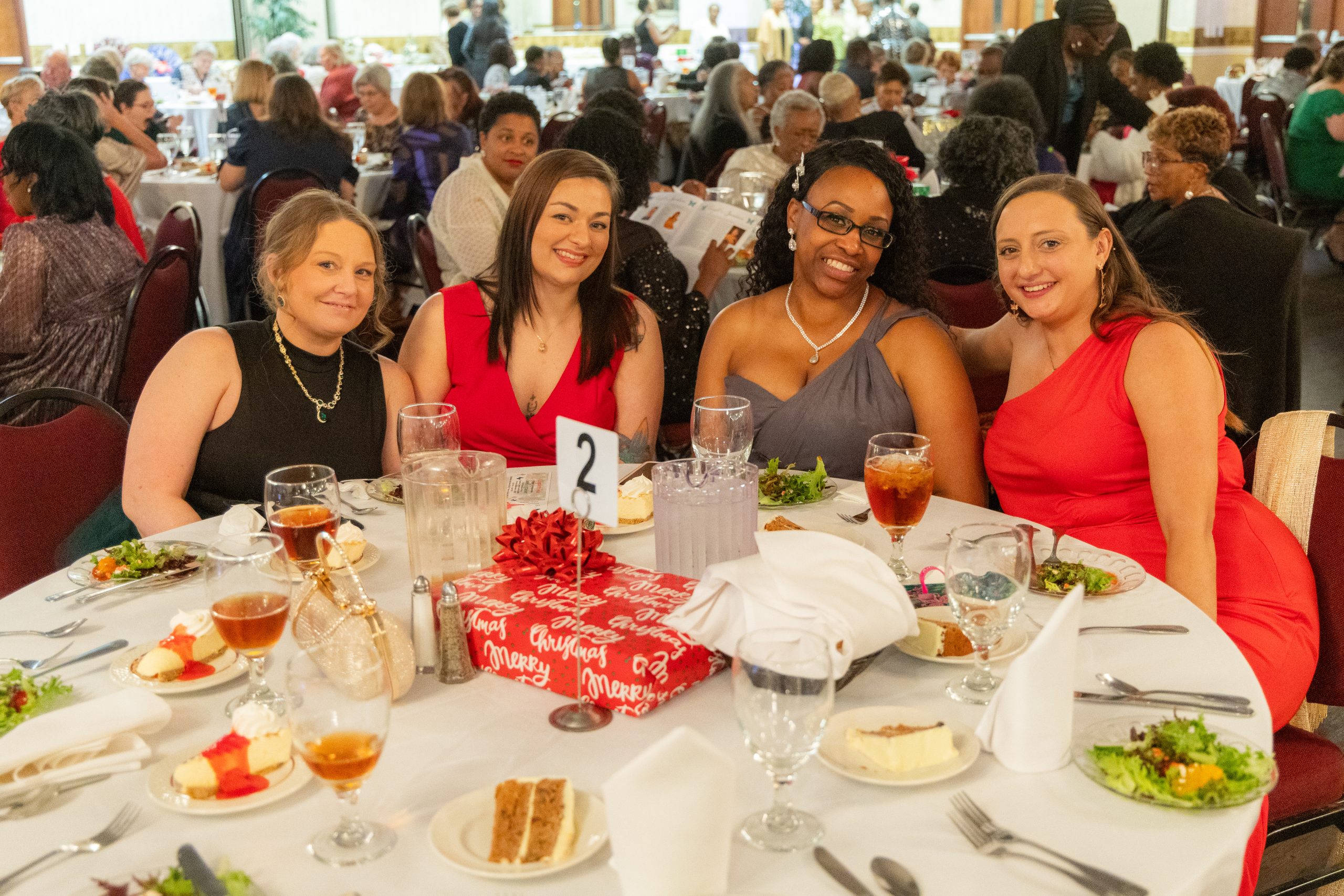
Latest News
May/June response: Transforming Women
Killingsworth NMI offers hope for recovery.
by Audrey Stanton-Smith
For 12 years, Marley Meschwitz was on and off drugs and in and out of rehab. One night, the young woman decided it was time to make a change.
“In the middle of the night, I ran away from a bad relationship and drove all the way to Myrtle Beach from Houston, Texas,” said Meschwitz, 31. “I’m one of the lucky people who still have family who interacts with them, so my mom let me stay with her.”

Her mother also helped her enter a detox center and then a drug rehabilitation center, but when Meschwitz’s time in rehab came to an end, she and her mother knew that Myrtle Beach was no place for Meschwitz to live. After all, it had been home when she started using drugs as a teenager.

“My counselor told me about Killingsworth. I did an interview with Ms. Susan. And I came here on my birthday. This is home,” Meschwitz said. “I’ve lived here almost three years now.”

Photo: Audrey Stanton-Smith
Killinsgworth is a United Women in Faith National Mission Institution in Columbia, South Carolina. Inside this eight-bedroom brick home, Meschwitz lives with other women in transition. Some have been in jail. Some are battling addiction. Some have been victims of sex trafficking. All of them are loved.
“I’ve been to a lot of recovery places. This one is actually the best one. You come here, it feels like home,” Meschwitz added. “They expect you to do certain things, not absurd things. They want you to slowly get back into working, to go to meetings, so it’s like enough structure to where it’s good, but they’re not overwhelming you. … I could start taking baby steps back into a normal reality. That’s what I love about it.”
Transformations
Killingsworth began in the 1940s when Corrie Killingsworth, who answered phones at Washington Street Methodist Church, kept getting calls from parents looking for a safe place for their daughters to board while attending business or nursing school in Columbia.

Times were changing, and Killingsworth was inspired to help these young women make their own way. So, she rallied women from Methodist churches in the area, and they raised funds to purchase and renovate a house, which opened in 1947 as a boarding house for Christian girls.
By the late 1950s, more and more women were stepping out independently, so the Methodist women purchased a larger, pricier home a few doors down. But the old brick structure needed work, and the women of The Methodist Church were ready to help. The organization contributed additional funding to purchase and renovate 1831 Pendleton Street. United Women in Faith now owns the building, and Killingsworth staff and board of directors handle its operations.

of the Columbia, South Carolina, community at a recent fundraiser. For more on Killingsworth, visit killingsworth.org. Photo: Matt Brodie/South Carolina United Methodist Advocate
Times and society changed again. By the early 1970s, there were fewer young women in need of a boarding house and more young women in need of help with issues like alcoholism, drug addiction, prison release, and domestic violence. The church, now The United Methodist Church, was beginning to talk more in-depth about women’s issues, particularly women in crisis. So Killingsworth adapted..
Since 1972, Killingsworth has helped hundreds of women live safely and soberly while undergoing counseling and learning the skills that help them get back on their feet.
Sarah Hickey is one of them. Hickey had been at Killingsworth only three months when she was interviewed for this article.
“It was like a weight taken off my shoulders when I got accepted here,” she said. “This is where I need to be, and I love it here.”
Educating others
At 33, Hickey said Killingsworth has taught her that the disease of addiction is not something she can overcome without help. “You can’t do it on your own,” she said. “I’ve tried.”

Photo: Matt Brodie/South Carolina United Methodist Advocate
“One thing you can’t stop is life,” Meschwitz added. “Sometimes you take a right when you should have taken a left. Addiction is very simple to fall into but very, very hard to get out of. It’s not something that’s going to happen overnight. … You can’t just make a U-turn.”
That’s part of the education Killingsworth gives its residents and the community, said Susan Sirmons, the executive director of Killingsworth.
Sirmons, “Ms. Susan” to the residents, is also an intake specialist. As part of her ministry —Sirmons returned to staff in retirement after she found herself volunteering at Killingsworth more than 30 hours a week—she educates not only residents, but those in the community about substance use disorder.
“I tell my women all the time, it’s so important to educate yourself. And my goal is to educate the community on addiction and mental health,” Sirmons said. “Addiction is a disease. And, like diabetes or high blood pressure, we push people to get treatment.”
At Killingsworth, residents have mental health counseling, individual outpatient treatment plans, support for finding employment, support when cravings and triggers arise, and hope.
“Killingsworth helps you with anything and everything that you need,” said Cherry Orellana, 48, who came to Killingsworth last fall straight from a prison addiction treatment unit. She began working at a local pet supply store after only a week in Killingsworth.
“I came here with nothing but my prison ID,” she said. “The moment I walked in here, I could just feel this serene, genuine atmosphere.”
Cultivating roots
Sirmons says the residents are like the rescued, thriving houseplants and handmade butterflies that decorate her office.
“Our women have good roots, but have you ever put aside a pot of flowers that you thought was done, so you put it outside, but then it rained, and spring came, and the next thing you knew you saw these little sprouts coming out?” asked Sirmons. “That’s how I see these women. I tell them, ‘You have good roots, but people have pushed you aside. You just didn’t have the attention that you needed, but when you come to us, we provide the water, and we water you, and eventually we start seeing the greenery come out.’”
Continuing her analogy, Sirmons said that when residents have been nurtured at Killingsworth long enough—however long it takes—they start blooming. And when they transition out, they are reminded by butterfly decorations that they have been given wings on which to fly away, but also to use to fly back if they ever need help.
“Recovery is hard,” she said. “For some, the shame of relapse keeps them out on the street, but then what they learn here is that now they have a safe place to go, a place they can go back to and not be judged.”
One day, hopes Sirmons, Killingsworth may even be larger. The need is great, she said, explaining that for every woman she accepts into the home, she must turn away two or three others. She envisions a future with step-down housing where residents could spend supervised time with their children and maybe even a thrift store, where residents could practice employment skills and help others dress for job interviews and careers.
“I want members of United Women in Faith to know that the dollars they have invested in Killingsworth have saved lives,” Sirmons said. “They have put families back together again. What they are doing is not a small thing.”
And though the residents may not be aware of United Women in Faith’s monetary contributions, some say they can feel support in other ways.
“It’s definitely their prayers that have helped us,” Orellana said. “I can feel it.”
“And we need them,” Hickey added. “We are a bunch of women in need of love and support. And all of us pretty much came from not that, so having somewhere safe and welcoming and a home to come to is something that we all need.”
Audrey Stanton-Smith is editor of response.

